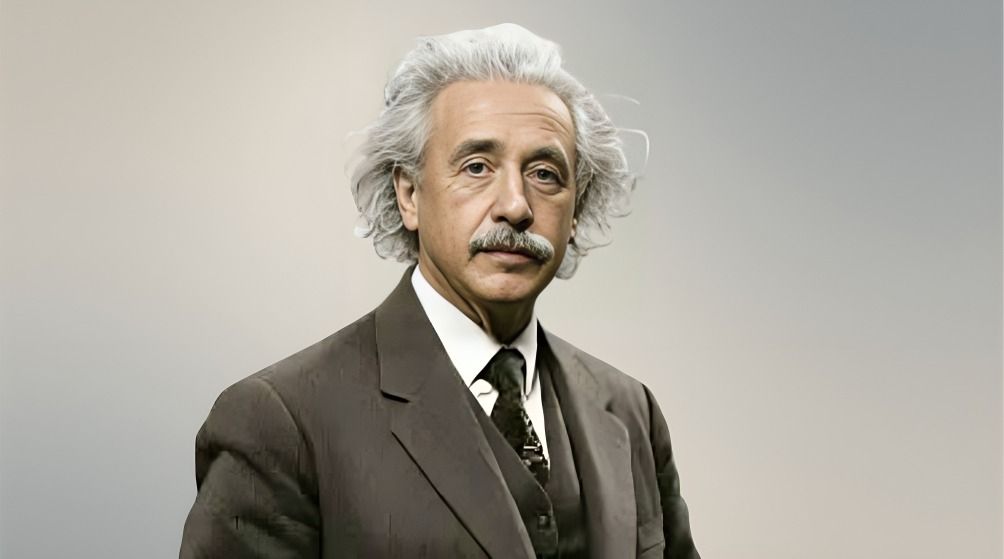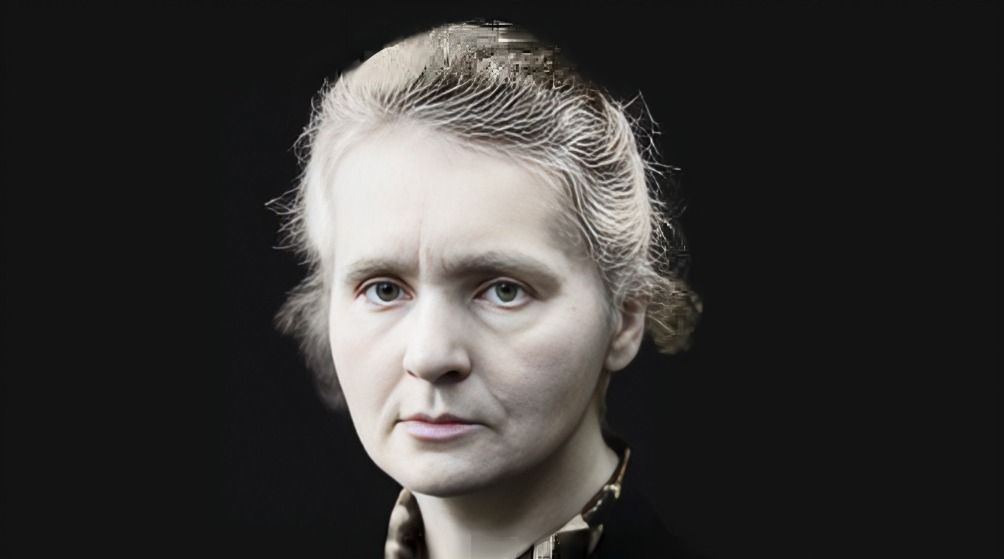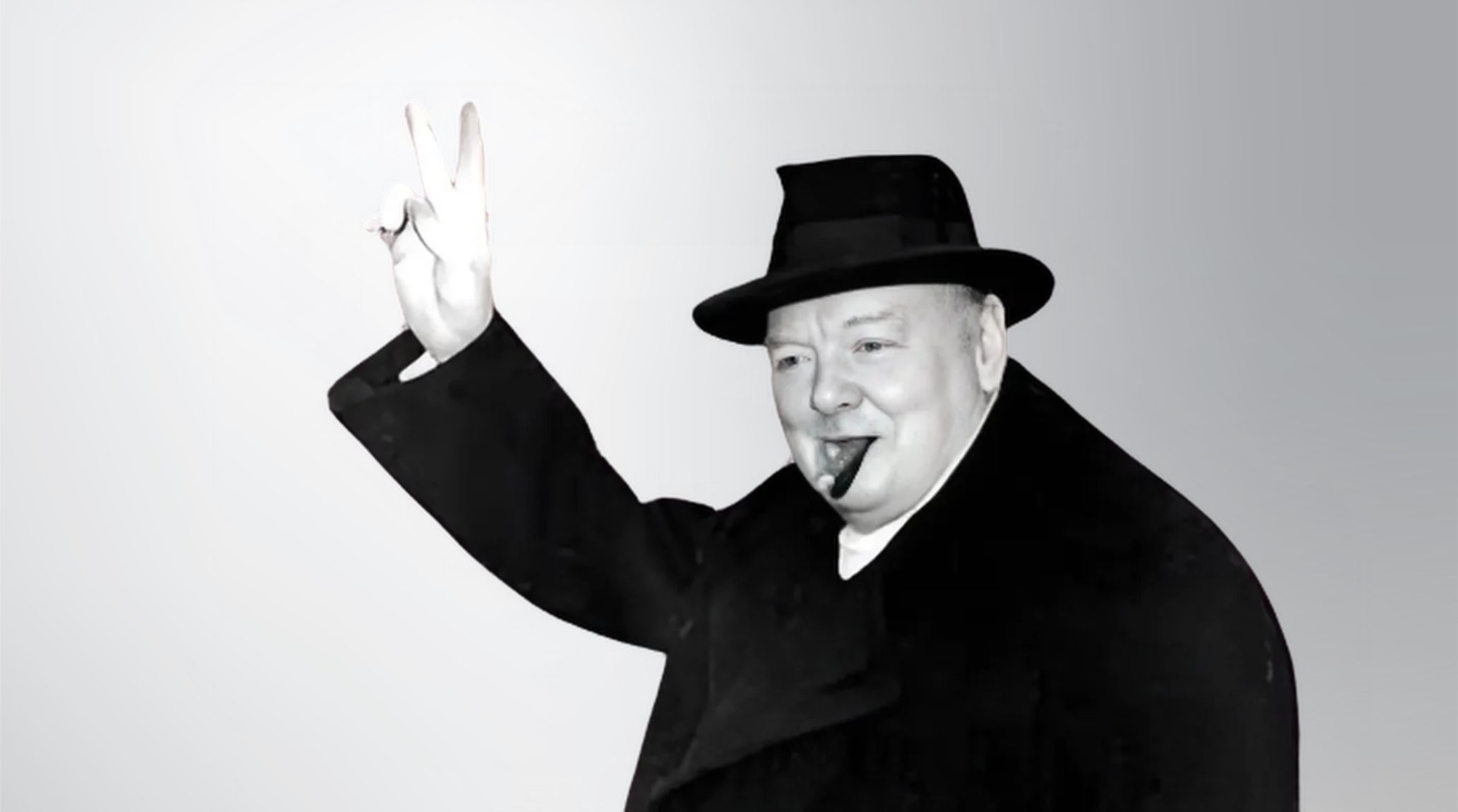
“
Winston Churchill, one of the most iconic leaders of the 20th century, is celebrated for his indomitable spirit, stirring speeches, and decisive role during World War II. His life extended far beyond politics, as he was also an artist, author, and Nobel Prize recipient. Churchill’s unique blend of resilience and wit made him a complex, fascinating figure whose legacy intrigues historians and leaders alike. This article uncovers 20 interesting facts about Churchill, exploring his lesser-known talents, his impactful decisions, and the personal challenges he overcame. 1
1
”
Winston Churchill was born to British politician Lord Randolph Churchill and American socialite Jennie Jerome. Notably, he became the first person granted honorary U.S. citizenship. 1
Winston Churchill was a key British leader, writer, and speaker who led the country to victory in World War II. He served as Prime Minister twice, from 1940-1945 and 1951-1955. 2
In 1899, Churchill went to South Africa as a reporter to cover the Boer War between British and Dutch settlers. He was captured by enemy soldiers but managed a daring escape, returning as a hero. 3
Churchill began his political career in 1900, serving in Parliament for over 55 years. He became First Lord of the Admiralty in 1911, overseeing an amphibious assault during World War I. 4
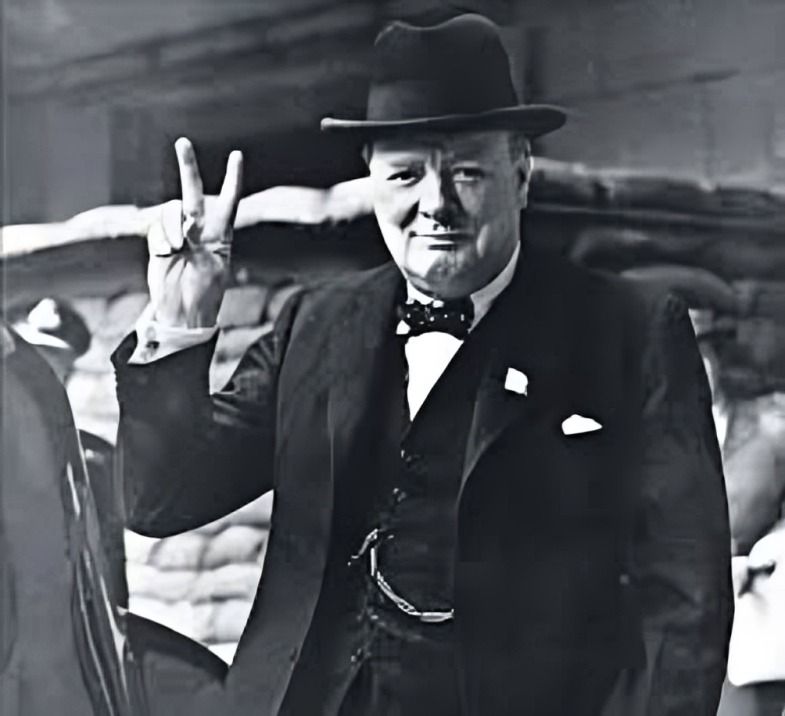
Churchill became prime minister in May 1940, following a disastrous start to World War II, as Nazi Germany conquered much of Europe. A master orator, he rallied the nation with six key speeches.
During the interwar, Churchill rejoined the Conservative Party, became Chancellor in 1924, and controversially returned Britain to the Gold Standard. Out of office by 1929, he opposed Indian Independence and warned against Nazi appeasement. 5
Churchill strongly opposed Indian autonomy and criticized Gandhi, calling him "a seditious lawyer posing as a fakir." He even suggested allowing Gandhi to die during his hunger strike. 6
Churchill famously coined the term “Iron Curtain” in a 1946 speech, warning the West about the Soviet Union’s influence in Eastern Europe, marking the early Cold War tensions. 7
Winston Churchill is renowned for his iconic speeches, though few know he had a speech impediment, making it hard for him to pronounce the letter "s." Despite this, his oratory skills inspired millions. 8
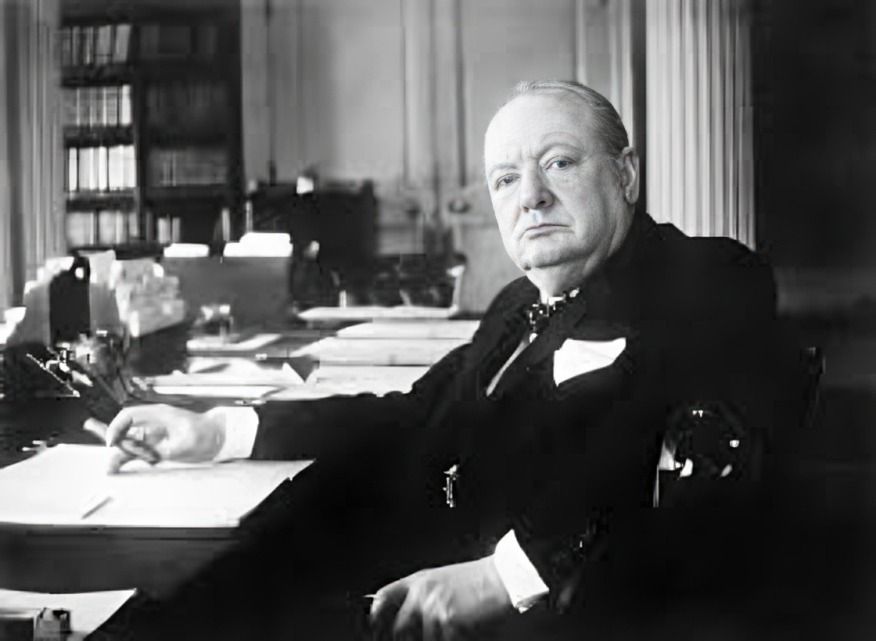
Churchill received the Nobel Prize in Literature in 1953 for his historical writings, including his six-volume work, The Second World War, praised for its detailed accounts and narrative style.
Commemoration on a coin is a rare honour, typically reserved for significant figures. After he died in 1965, Winston Churchill became the first statesman to be honoured in this way. His legacy was further celebrated in 2015, 50 years later. 9
Churchill suffered from “the black dog,” his metaphor for depression. Despite this struggle, he maintained a remarkable political career and worked tirelessly to fulfill his duties. 10
Winston Churchill appeared on the music charts twice—first in 1965 with The Voice Of, featuring his famous speeches, and again with Reach For The Skies, honoring the Battle of Britain’s 70th anniversary. 11
Churchill wrote extensively throughout his life, starting with a book on his military experiences in India, Sudan, and South Africa. He also authored biographies of his father and the first Duke of Marlborough. 12
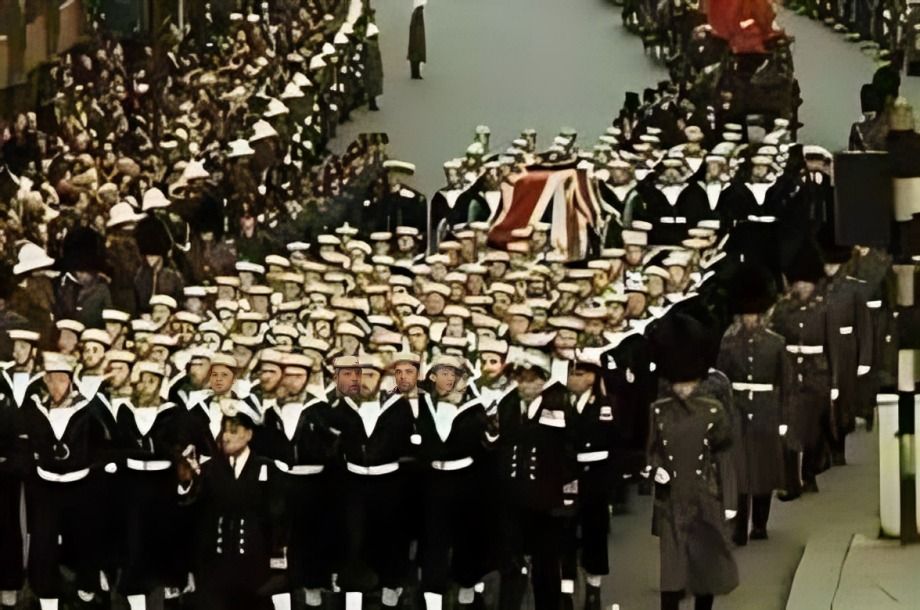
After his death in 1965, Churchill was given a state funeral, the first for a British commoner since the Duke of Wellington, reflecting his towering legacy in British history.

